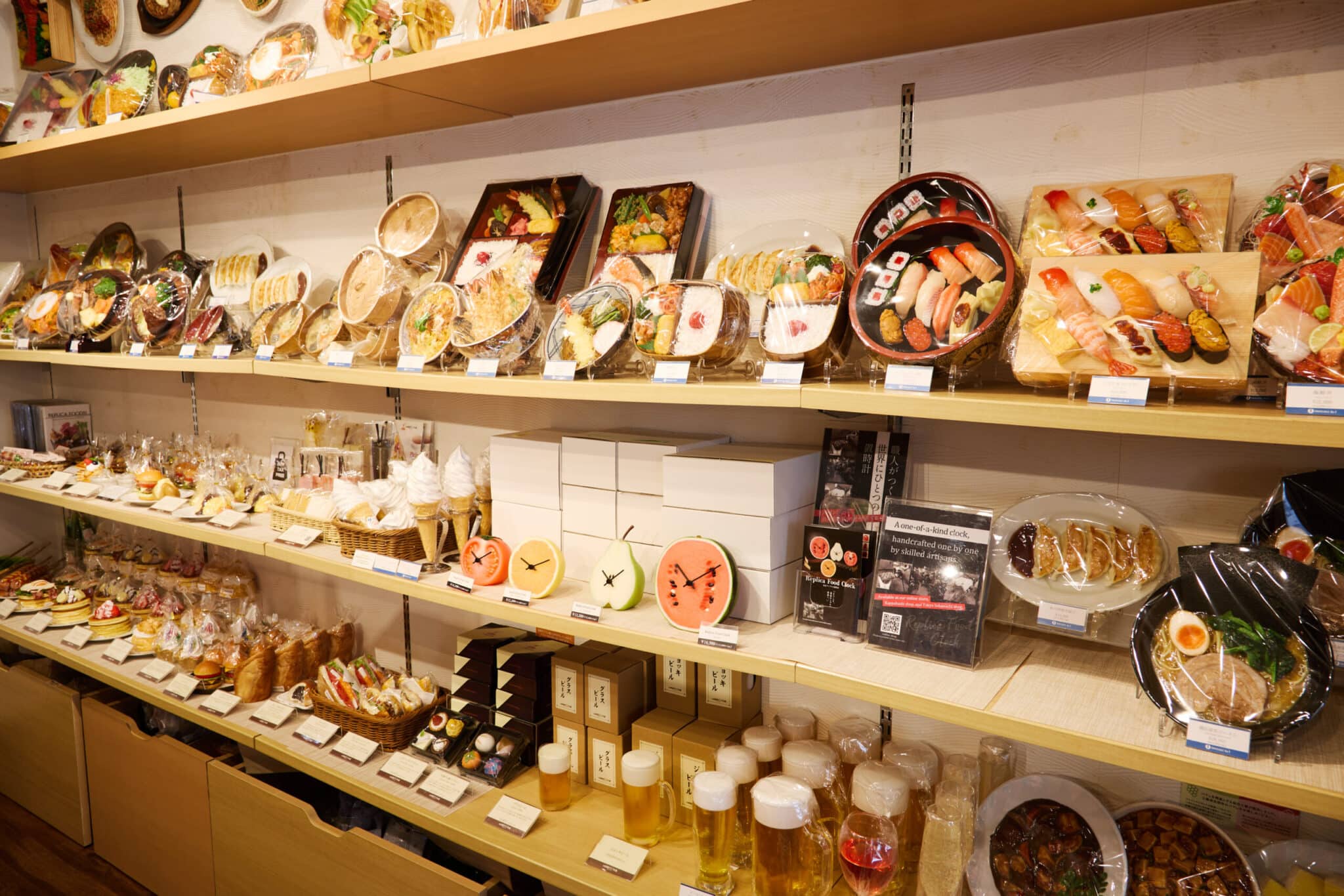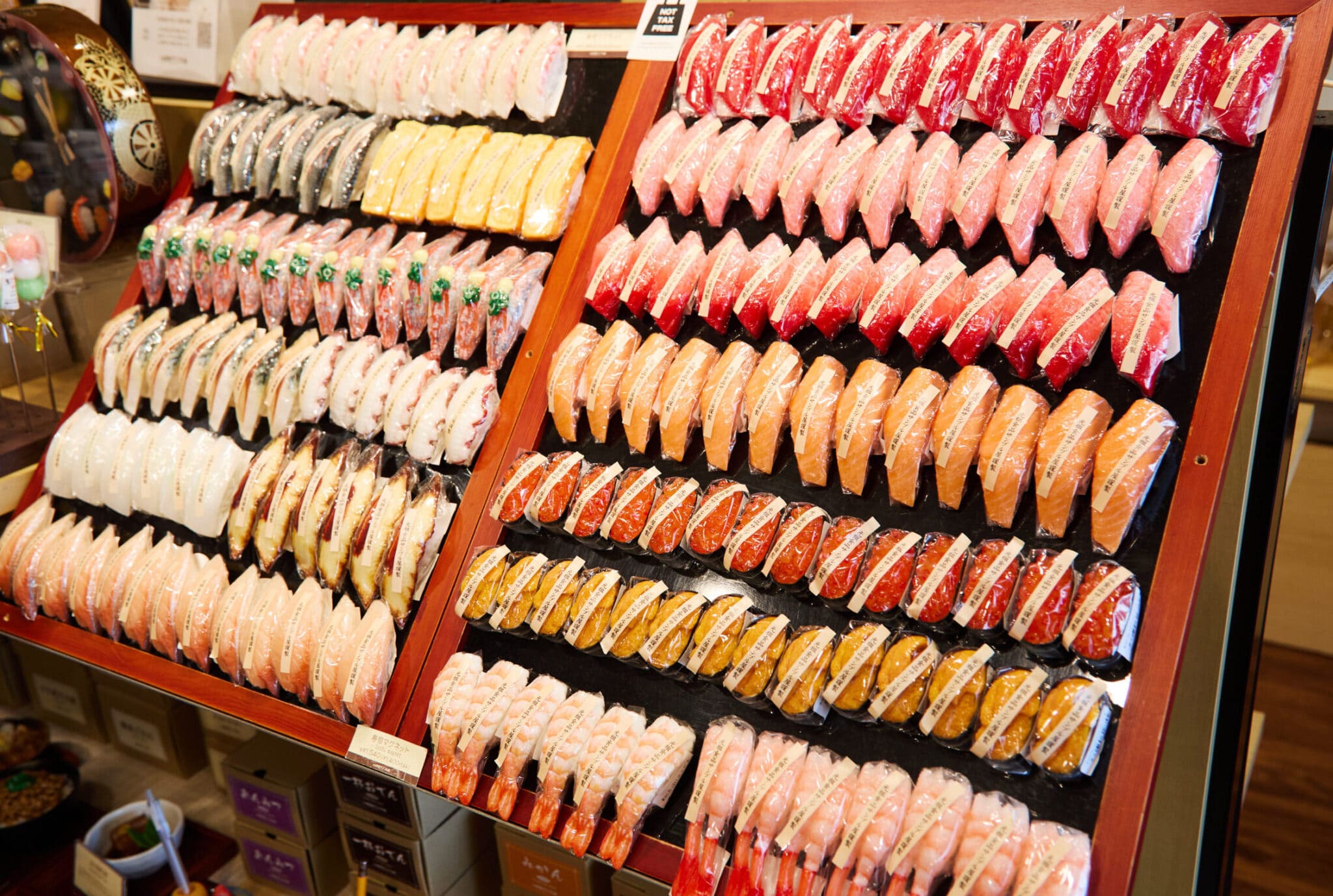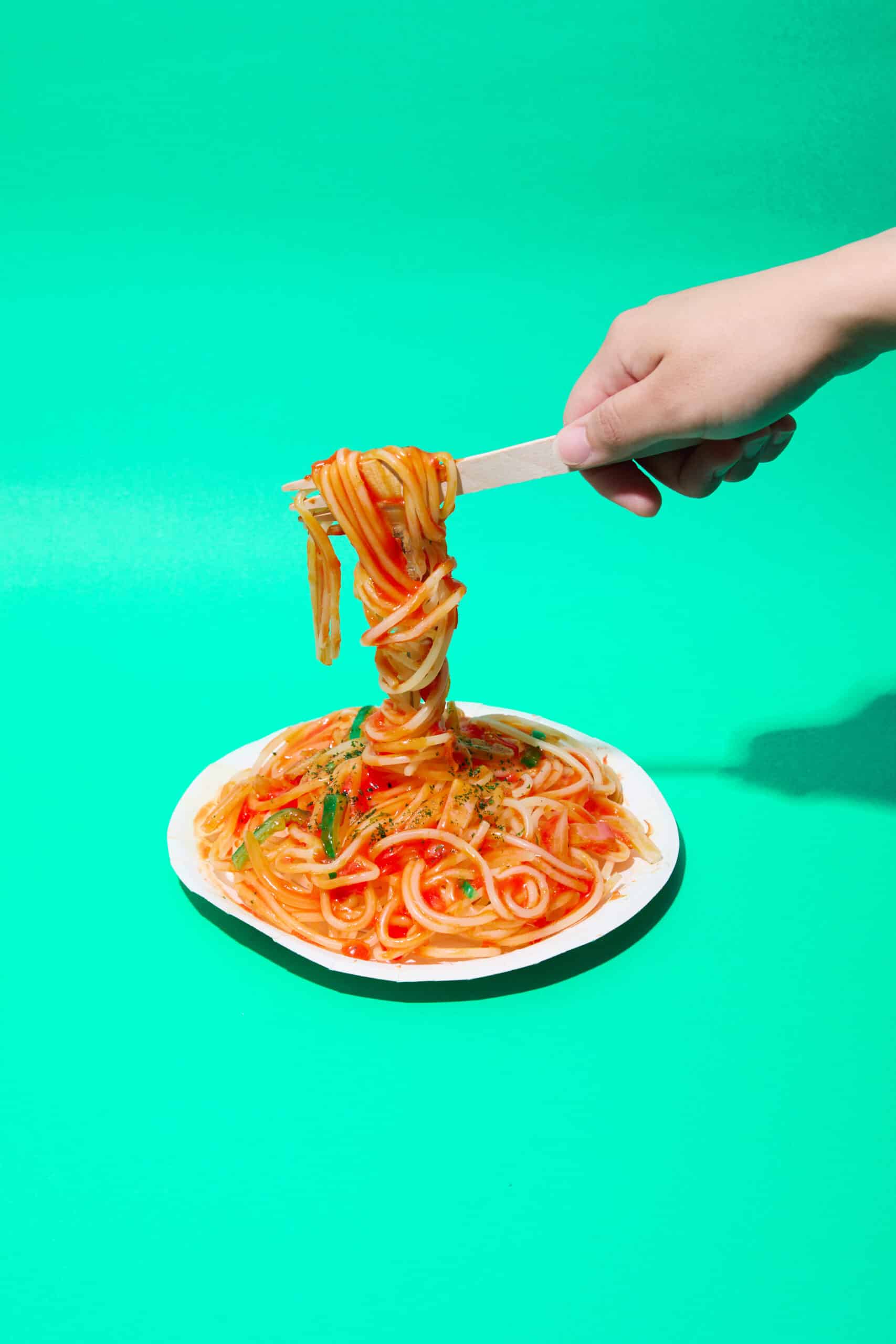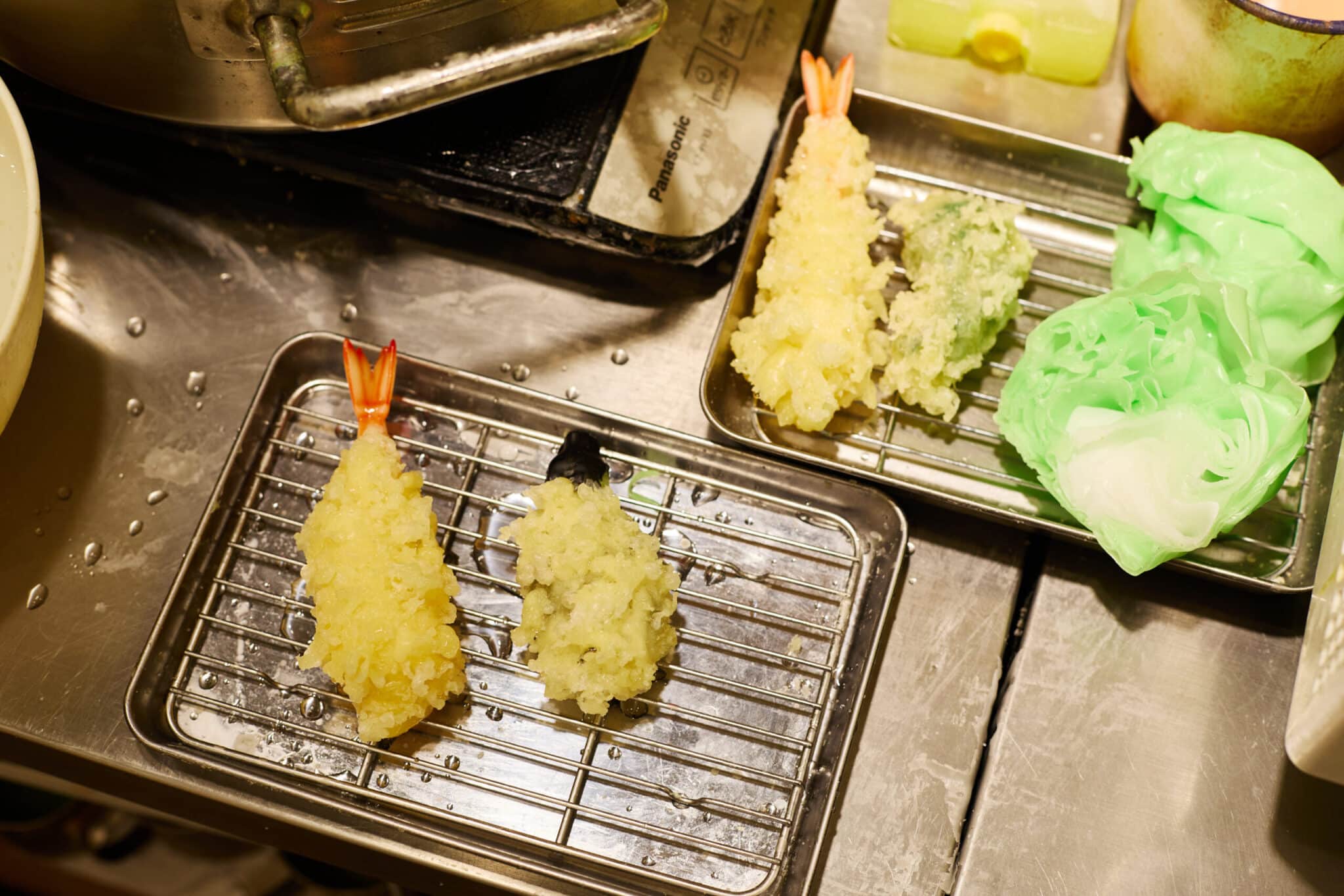CATEGORY
AREA
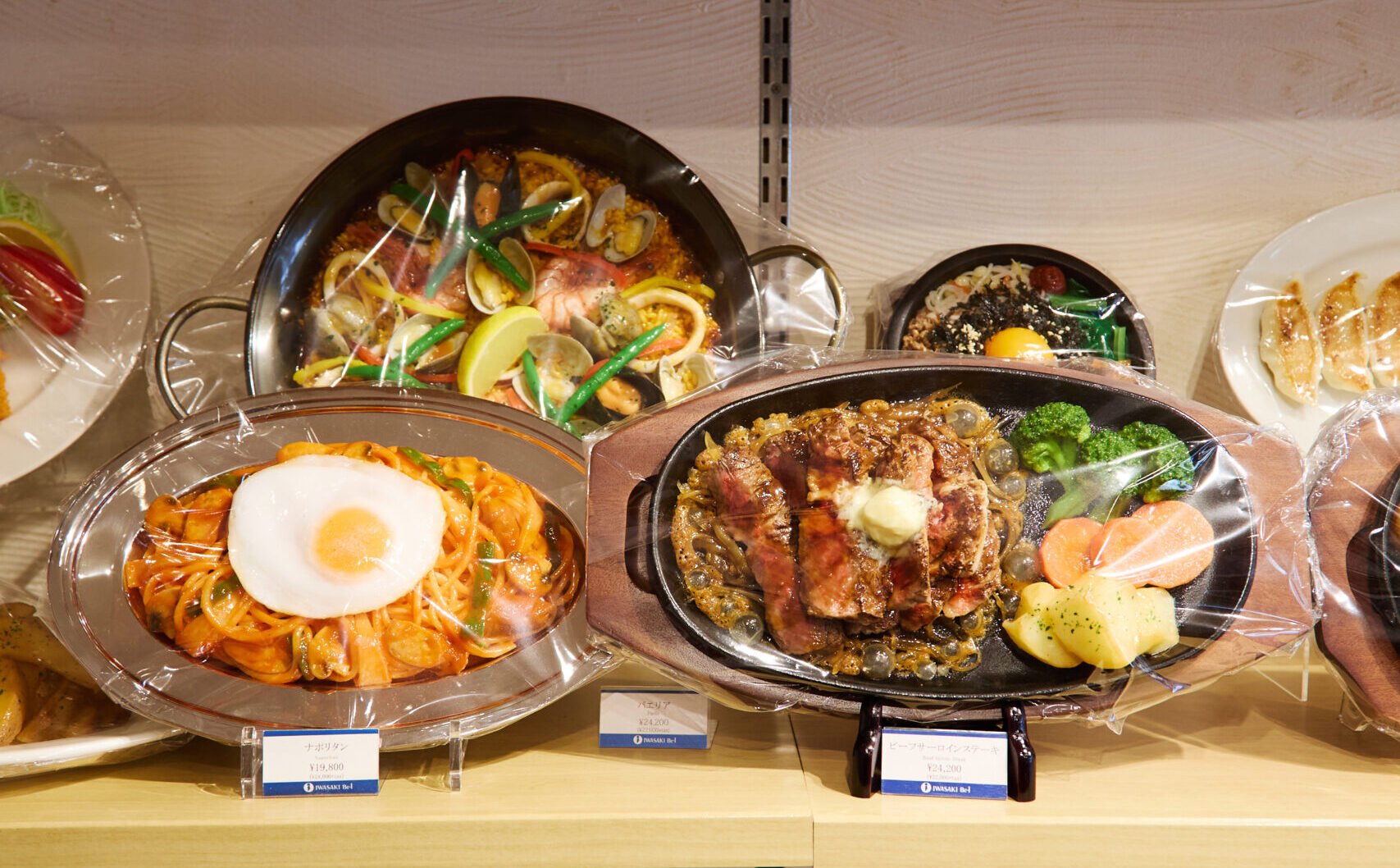
2025.10.07
A specialty store for “food samples,” where you can also try making them yourself
 Nearest Station
Nearest Station
This is a specialty store for “food samples” aimed at the general public, operated by "Iwasaki B-I," a company with 93 years of history in food samples production. Located on Kappabashi Tool Street in Taito Ward, the store offers lifelike “food samples” like those displayed in restaurants and cafés, playful and unique goods, and DIY kits that allow you to make your own samples. In addition, workshops are held where you can experience the traditional method of making samples using wax.
Food samples" are three-dimensional models of restaurant menus that look exactly like the real thing and are displayed in cafes, restaurants, and other eating establishments. This is a uniquely Japanese culture that is said to have originated in Japan during the Taisho era (1912-1926). The "Ganso Shokuhin Sample Ya" (Original Food Sample Shop), located in Kappabashi Dokugugai in Taito-ku, Tokyo, was originally a showroom for receiving orders from restaurants, but it opened for general consumers as it began to attract attention as a work of art and a souvenir. The store is filled with a variety of delicious-looking "food samples. In addition to products, there are also many archival samples, and visitors are free to take commemorative photos.
“Food samples,” as a uniquely Japanese culture, are gaining popularity as souvenirs with high artistic value. Today, more and more creative “food samples” goods are being developed. In addition to classic keyrings and magnets, the lineup includes stationery such as bookmarks and pen stands, as well as miscellaneous goods like clocks and accessory cases. Every item is astonishingly realistic and looks good enough to eat.
The most popular souvenir is the sushi magnet. Tuna, salmon roe, and sea urchin look just like fresh sushi, but with a magnet on the back. (1,540 yen – 1,760 yen)
A “Spaghetti Napolitan (intermediate)” DIY sample kit that lets you recreate the floating fork often seen in café display windows. (2,420 yen)
Today, “food samples” are mainly made from synthetic resin, but in the past, melted wax was used. In the workshop, you can experience making “food samples” with this traditional wax method. The fee is 3,300 yen per person, the required time is about 40 minutes, and reservations are required. The standard items you can make are tempura and lettuce. With live demonstrations and careful guidance from the staff, even first-timers can enjoy the process.
The wax “food samples” you create can be taken home immediately.
The information contained this article was correct as of October 07, 2025 (the time of publication)
